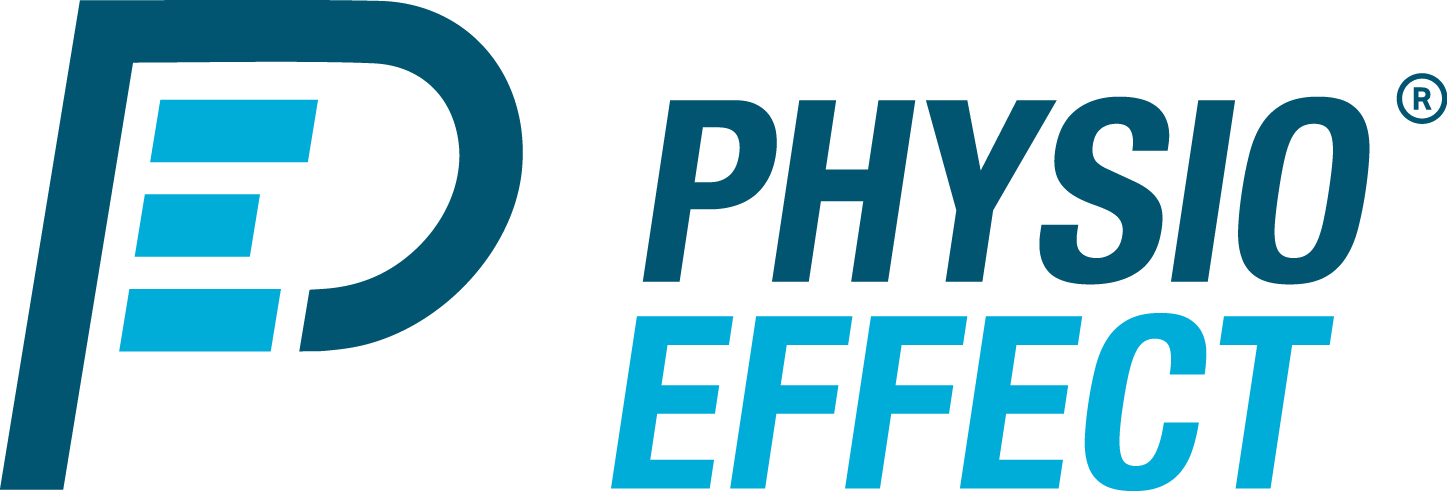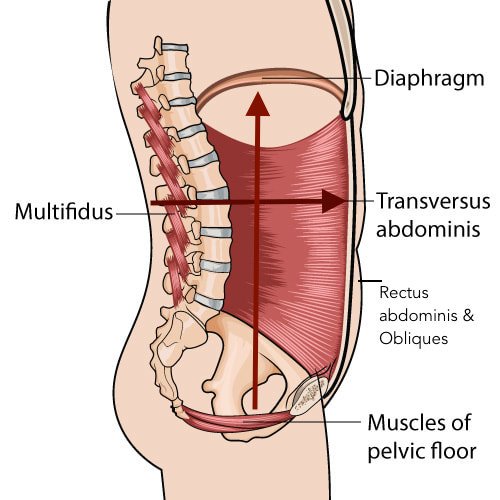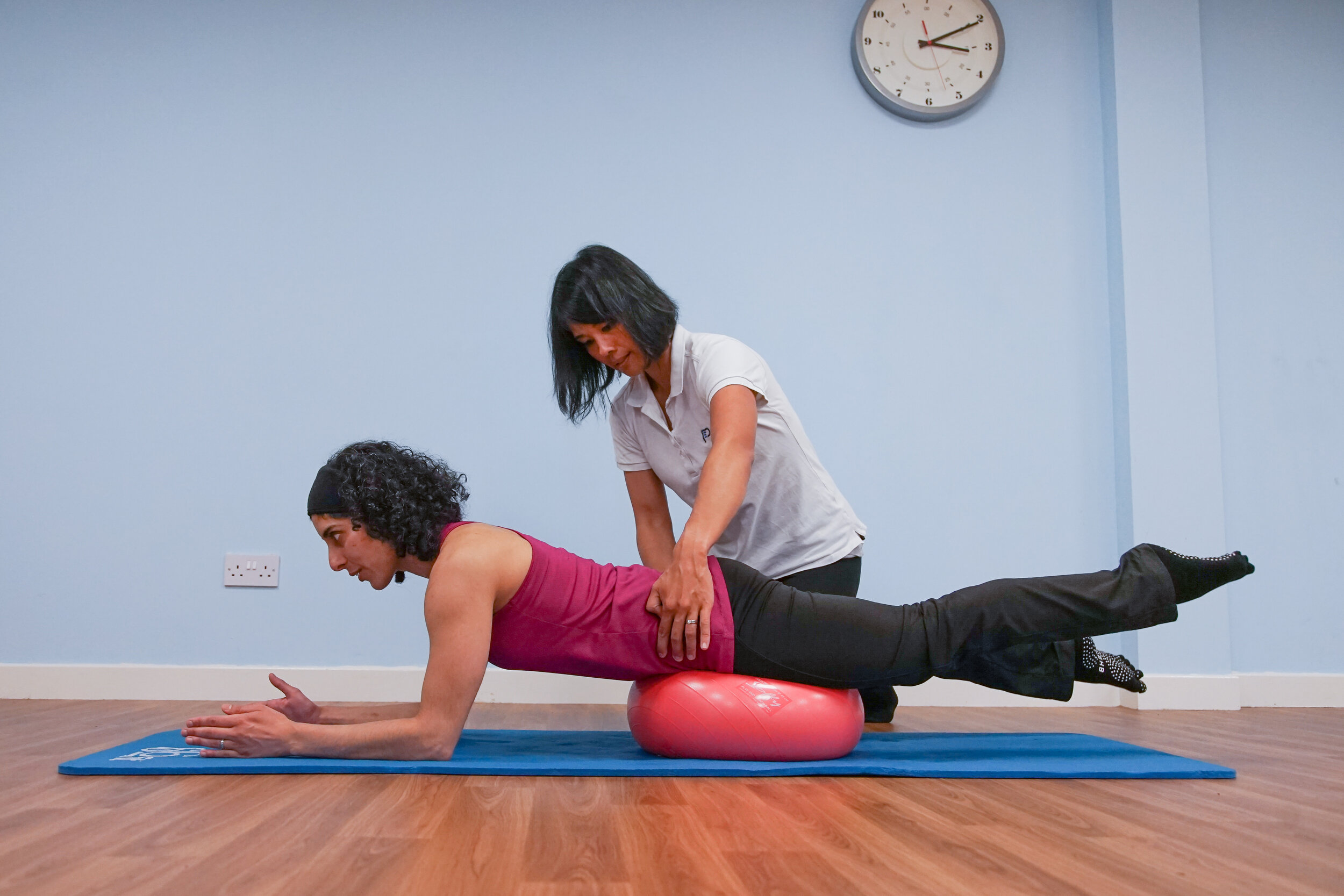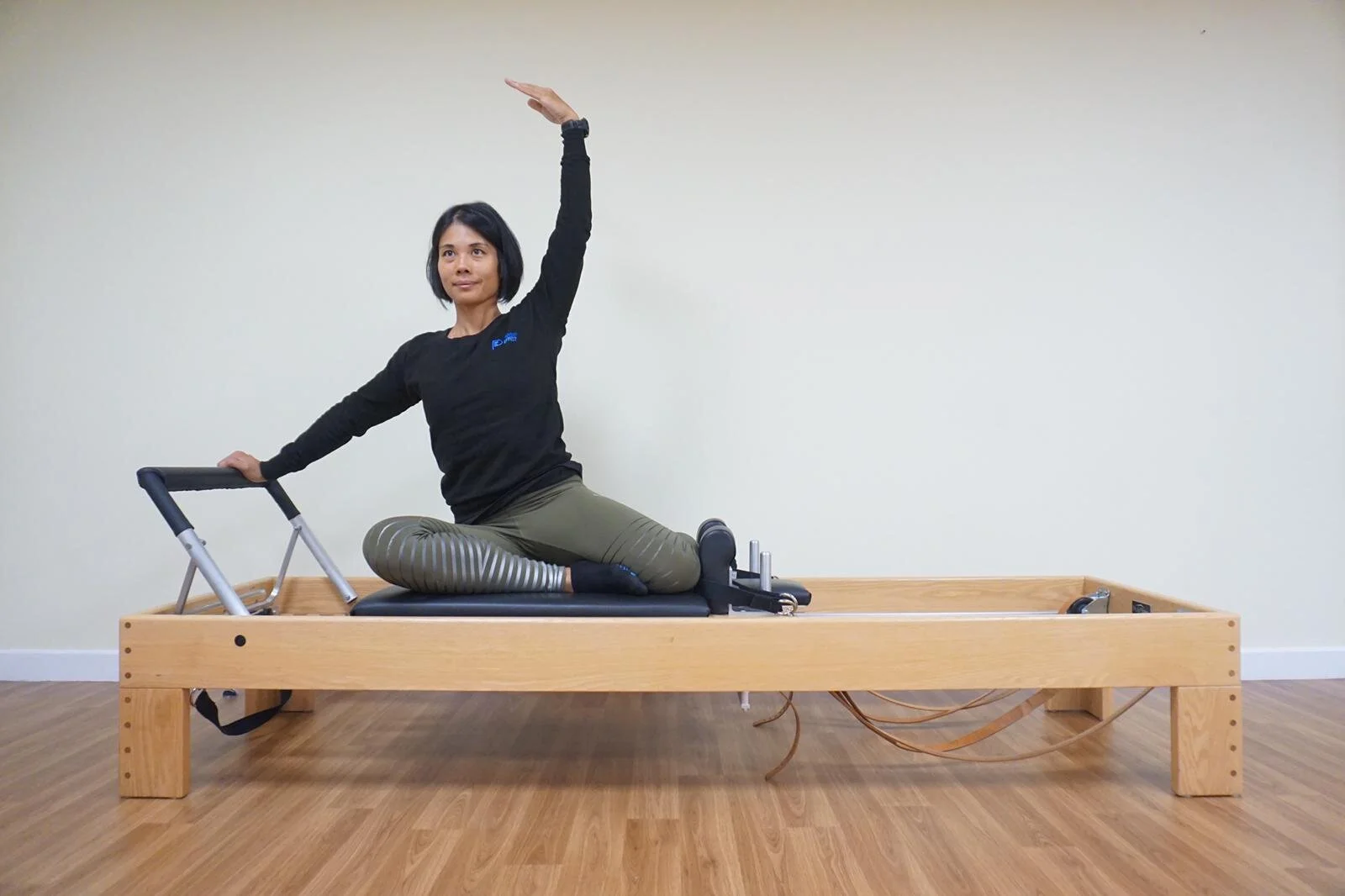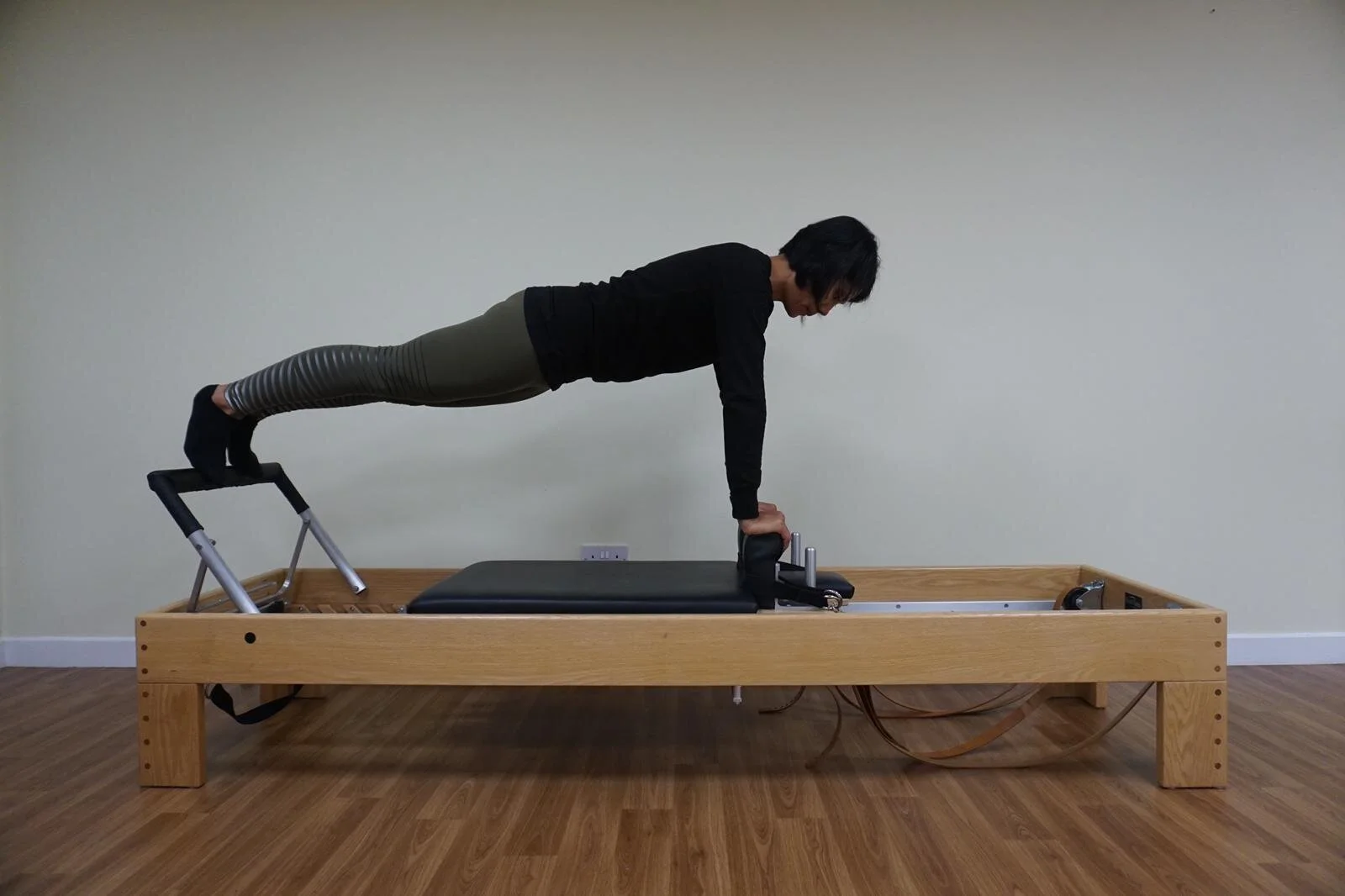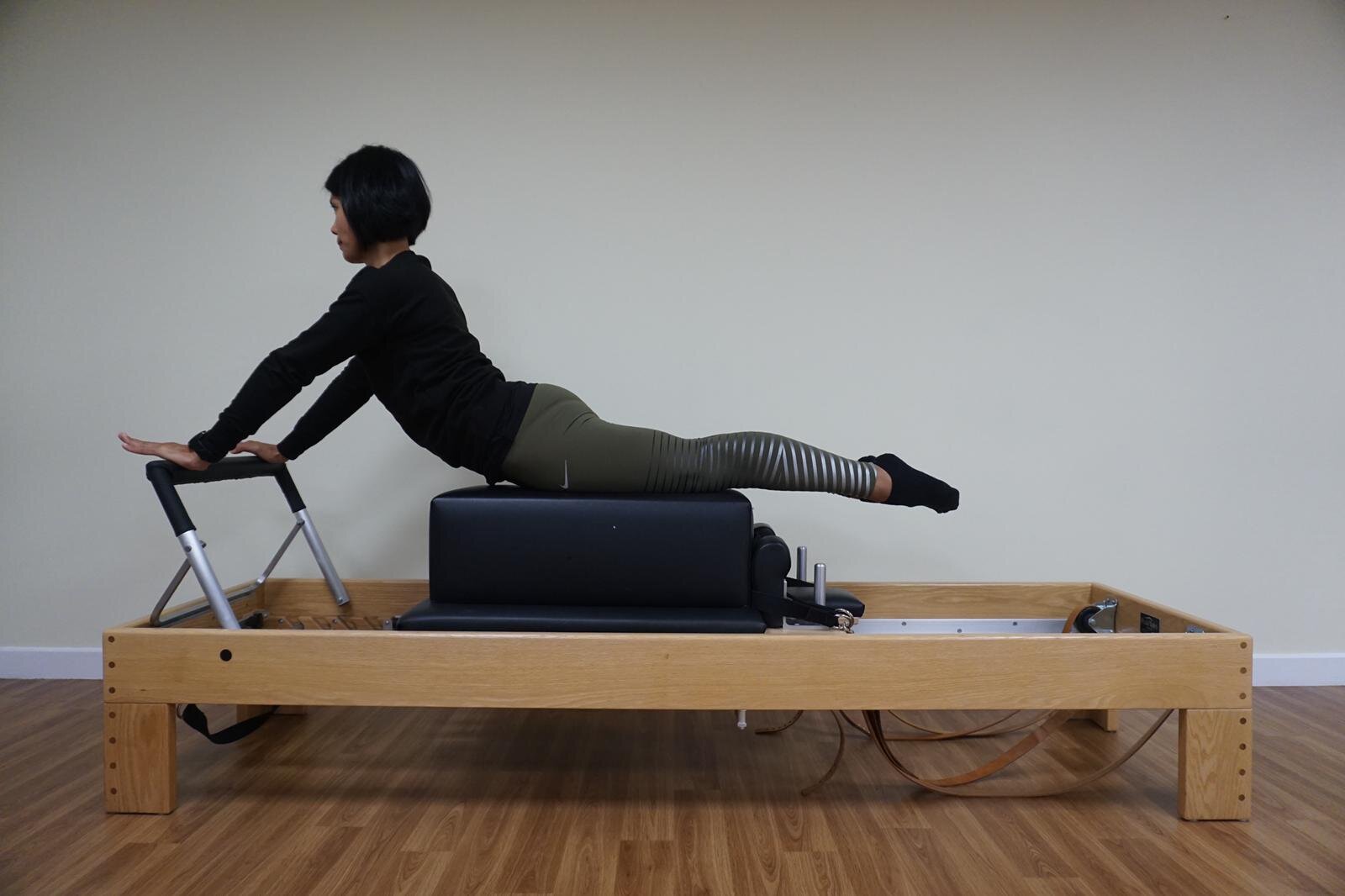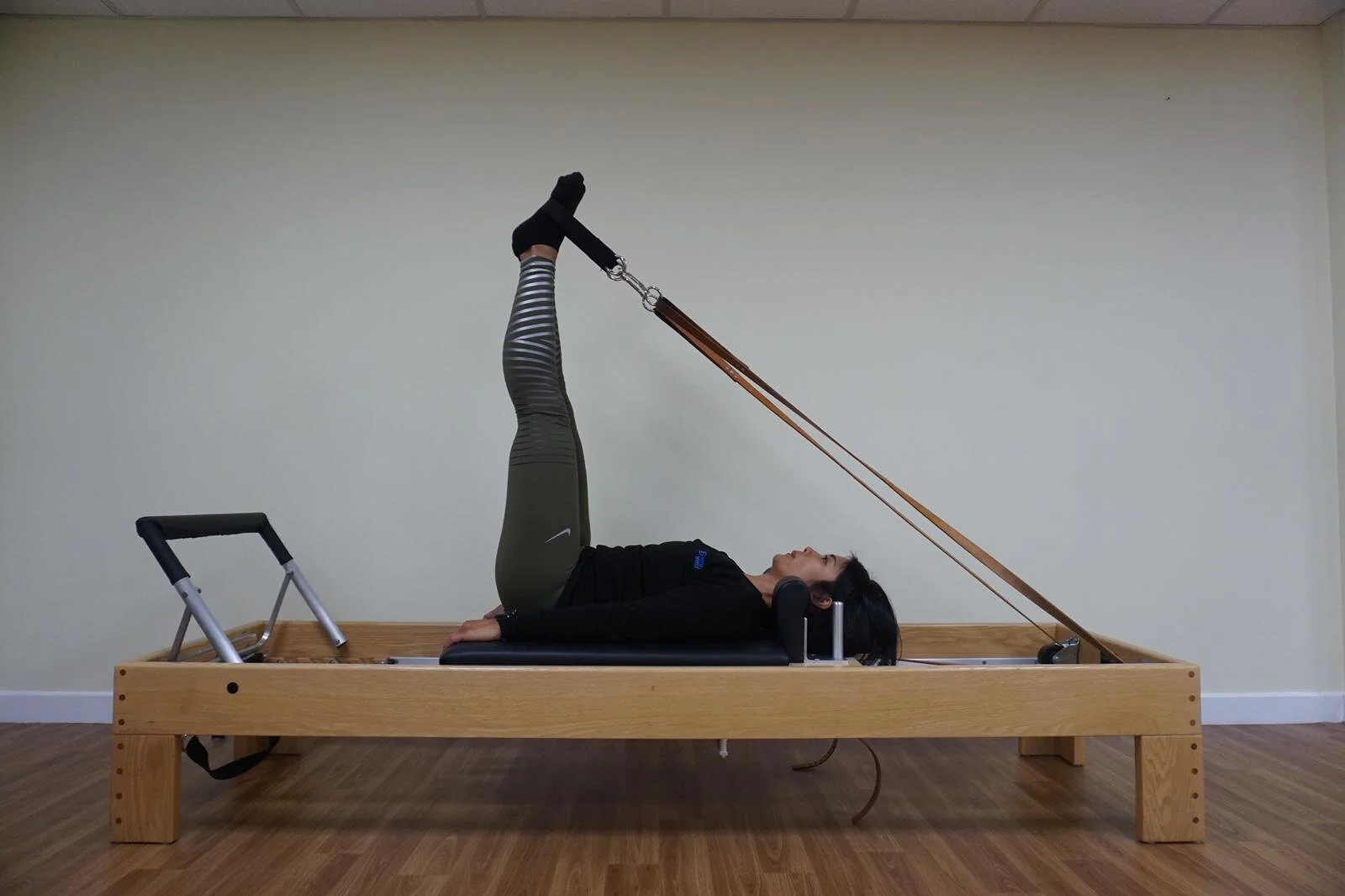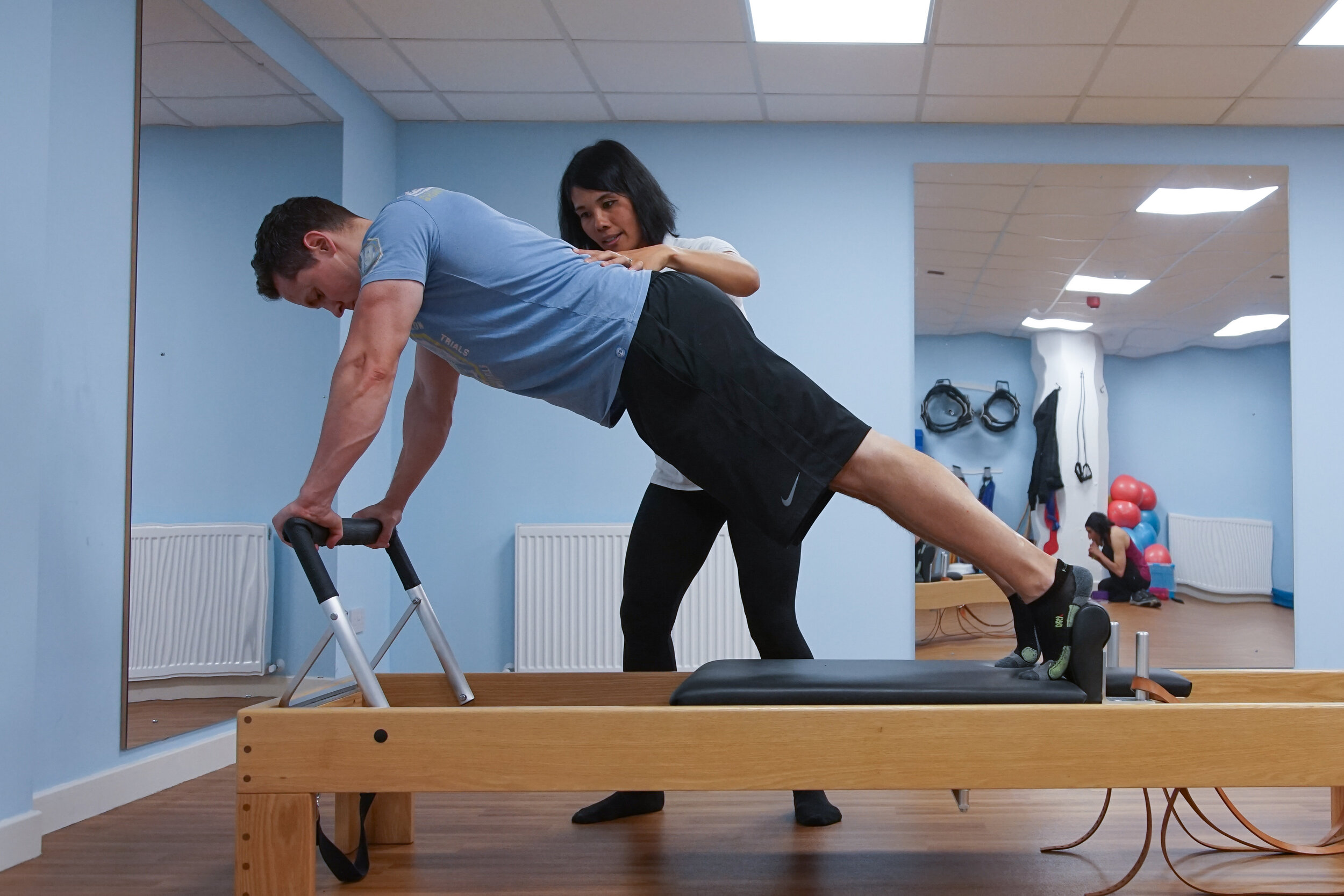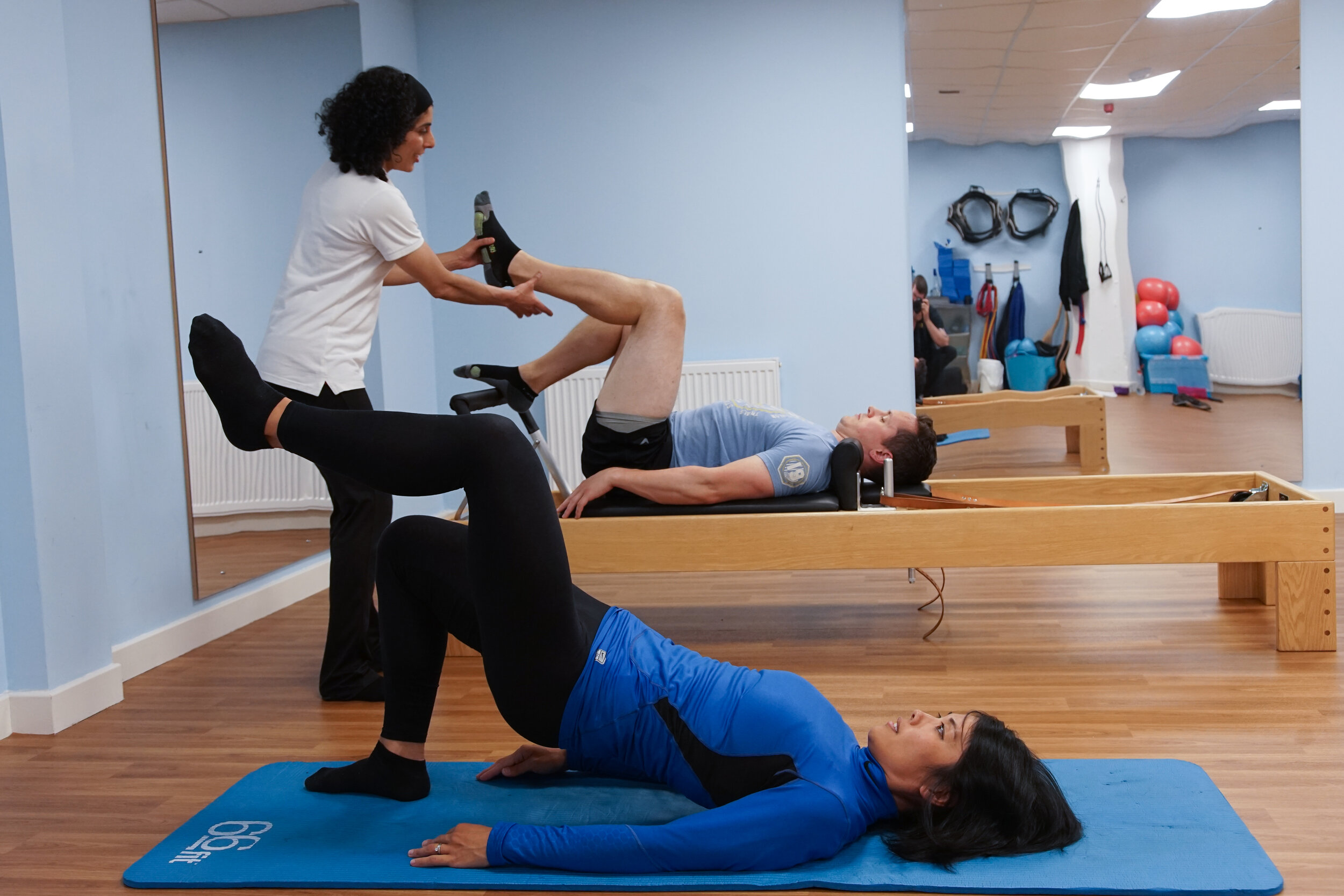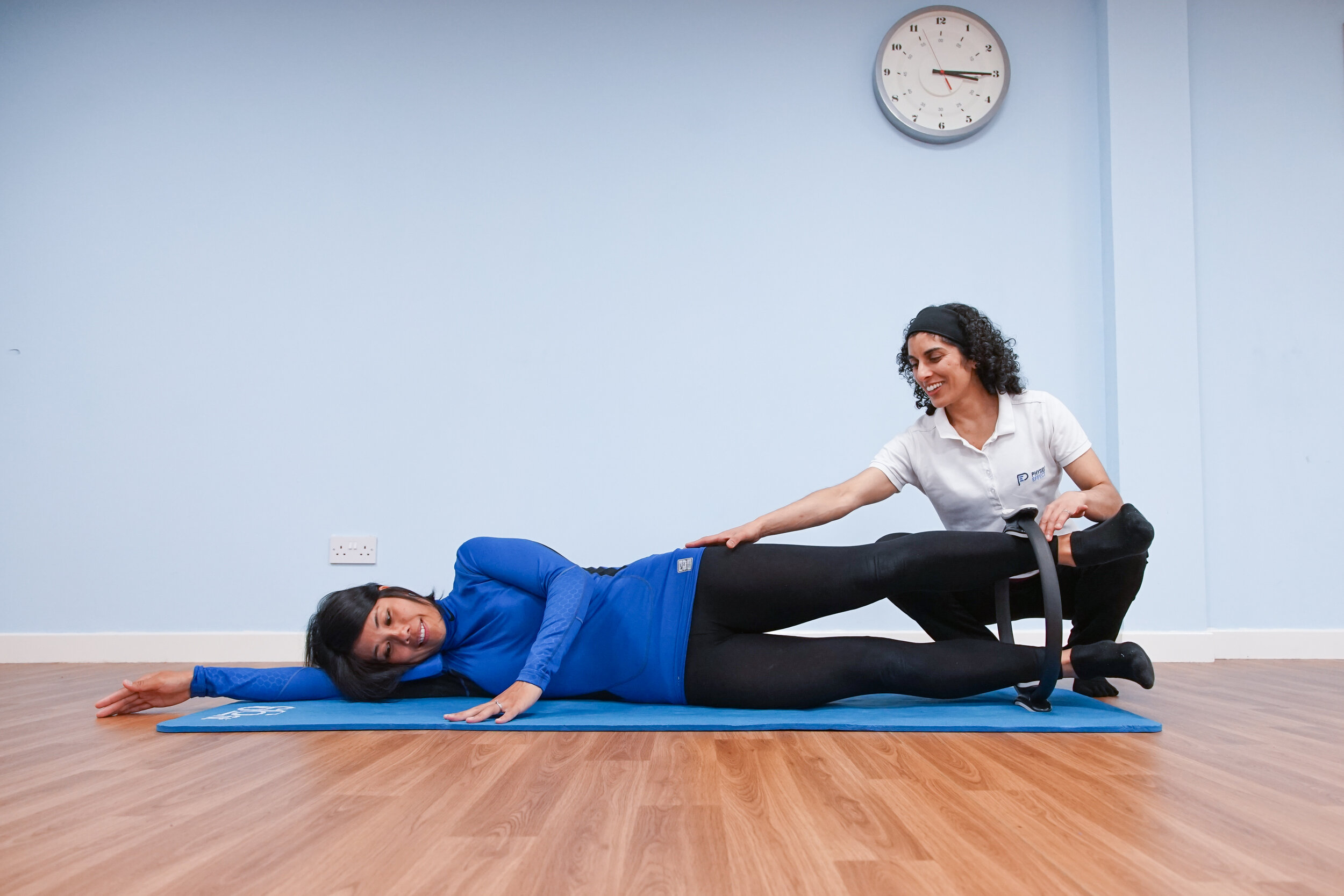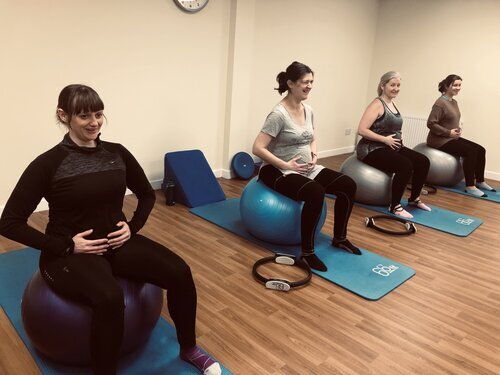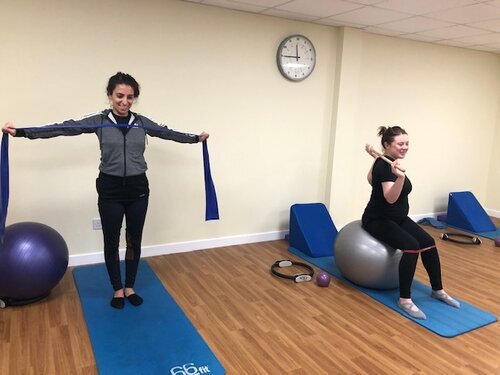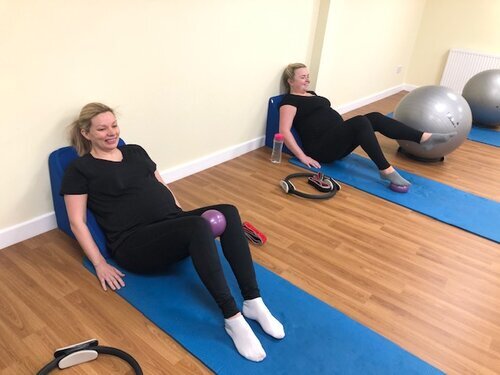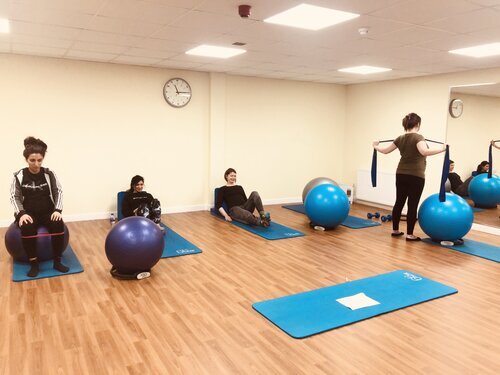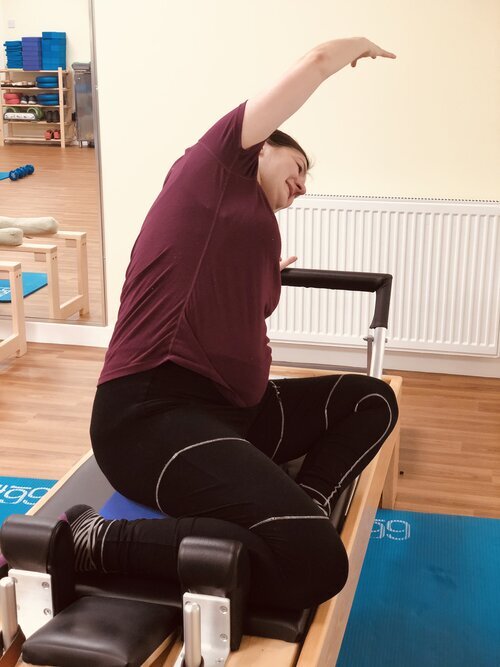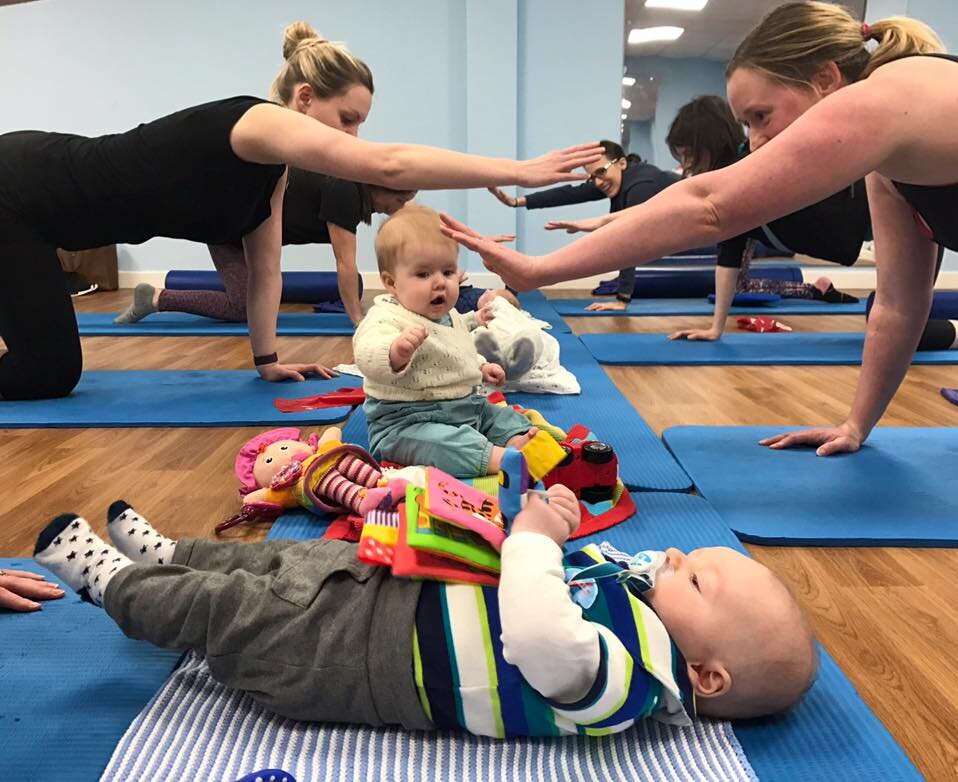The Core
Think your core muscles are just a ‘six pack?’ You’re wrong! Learn more about your core and it’s importance in movement.
Written by Jenny Devlin, MSK Physiotherapist and Specialist Women’s Health Physiotherapist at Physio Effect
The Core
What do you think of when you hear the word ‘core’?
For most people, they think of the rectus abdominis muscles, or the “six pack muscles”, but the core is so much more than that!
The core is actually a full canister that comprises a top, bottom, front and back. Respectively, these are:
The diaphragm
The pelvic floor
The transversus abdominis (deep stomach muscles)
The multifidus (deep back muscles)
Abdominal canister illustration courtesy of ‘The Wellness Blog for Women.’
These muscles work all the time to hold us upright and provide a base from which other muscles can operate. People will often tell us they ‘have no core’ which simply can’t be true or they would be a floppy noodle! What they mean is that they have forgotten how to tune in to activate their core and the good news is that this can be trained.
Our core canister houses our fluid and organs and is responsible for controlling pressure within the system, namely intra-abdominal pressure (IAP). IAP helps our ribs and spine stay in place and is the central mechanism from which we produce strength and stability. Since the muscles surround the canister, they are in prime position to help to control the pressure. IAP changes to match the task we are looking to perform and without a strong inner unit, it is challenging to keep our bodies moving and functioning effectively.
At Physio Effect we can offer you a path back to exercise safely after pregnancy.
Why do i have weakness in my core?
There are many things which can contribute to the core functioning less optimally - it could be the way you train or perform your sport, from being overweight or just a lack of body awareness of how to engage the correct muscles. In particular, pregnancy can lead to dysfunction as the muscles have been stretched out over nine months to accommodate the baby and then afterwards we often just hope they will go back to doing what they did before. Strength and coordination often need to be retrained and, while traditional abdominal exercises are great, it is important to ensure we have the deep core muscles working efficiently before we layer on the larger muscle groups. When we don’t have good core control, it can lead to injuries anywhere in the body such as the low back or the shoulder.
It is normal to have a diastasis rectus abdominus (abdominal separation) following pregnancy but when the pressure is not well controlled, we see doming at the linea alba (midline connective tissue). If we can work to control the IAP with the core muscles, we can minimise this doming and increase overall strength and performance since we are not losing pressure at our core canister.
Illustration of Abdominal Separation courtesy of Cleveland Clinic.
What can I do to strengthen my core?
It is important to spend time connecting to the core and learning how to coordinate the breath, pelvic floor and deep abdominal and low back muscles before adding more challenging exercises to your program. Our physiotherapists can provide you with some targeted core exercises that are specific to your needs. You could also consider our Clinical Pilates, Pregnancy Pilates or Postpartum Pilates Classes to strengthen your core.
To find out more, give us a call or book in online.
Clinical Pilates Classes at Physio Effect
Clinical Pilates uses a number of original and modified Pilates exercises and is given on a prescriptive basis. It is instructed by a qualified physiotherapist after a musculoskeletal or injury assessment. At Physio Effect, we deliver mat work, small equipment and Reformer based Clinical Pilates on a 1:1 basis and small group classes (maximum of 5 participants) as part of your rehabilitation. This may be suggested as the most effective form of treatment and rehabilitation programme for your condition by your physiotherapist on assessment.
What is Clinical Pilates?
Clinical Pilates uses a number of original and modified Pilates exercises and is given on a prescriptive basis. It is instructed by a qualified physiotherapist after a musculoskeletal or injury assessment. At Physio Effect, we deliver mat work, small equipment and Reformer based Clinical Pilates on a 1:1 basis and small group classes (maximum of 5 participants) as part of your rehabilitation. This may be suggested as the most effective form of treatment and rehabilitation programme for your condition by your physiotherapist on assessment.
The difference between Clinical Pilates and the traditional Pilates method is that you will be firstly assessed by a Pilates-trained Physiotherapist and then have a tailored programme of Pilates exercises given to you. During the session, you will be given exercises to do specific to your individual circumstance. This is usually a prehabilitation or rehabilitation programme relevant to an existing injury (e.g. back pain or post-surgical etc) or a specific condition (e.g. ante - post natal, hypermobility, fybromylagia etc) that will be discussed at an initial Physiotherapy Assessment ahead of you starting your block of classes.
New Class Wednesdays 6PM
Due to popular demand, we have opened a new class time on a Wednesday evening at 6PM from 7th October. This is a rolling class and you can start any time from 7th October. There is a “use-by” date when purchasing a block of classes which is:
10 weeks for a 6 x class block
4 months for a 12 x class block
To find out if there is space in this class or any of our other class times, use the button below:
How much does it cost?
Initial 1:1 Physio Assessment: £49
Single class: £25
6 classes: £120 (£20 per class)
12 classes: £220 (£18.3 per class)
“I have been attending Mariam’s Clinical Pilates classes and they are superb. Because the classes are small (max 5 people) Mariam is able to ensure everyone does exercises which are relevant to their individual problems/injuries.”
Antenatal Pilates Classes at Physio Effect
Some exciting news! We have a NEW Antenatal Pilates class running in our studio within our Northside clinic at Borron Street. This physio-led Clinical Pilates class aims to prevent pregnancy related issues such as pelvic girdle pain (PGP), symphysis pubis dysfunction (SPD), posture related pain as well as a full body programme to prepare you for the birth of your child. During the class, you will be guided through an individualised programme relevant to your stage of pregnancy and any other issues discussed during your initial physiotherapy appointment.
WHEN: Wednesday evenings at 7PM from 21st October
**CLASS NOW FULLY BOOKED**
Please contact us below if you would like to be placed on our waiting list or if you wish to attend any of our other Clinical Pilates classes which will be a mixed group, but you will still be able to do an antenatal programme due to the bespoke nature of the class.
WHEN CAN I START?
As long as you have an uncomplicated pregnancy and your midwife/ doctor approves, you can begin from any time in your second trimester if you have no Pilates experience. If you have previous Pilates experience, you may begin earlier.
HOW DO I GET STARTED?
You will be required to have a 1:1 session with one of our physiotherapists before joining a class for the first time. During this appointment, your physiotherapist will be able to plan a bespoke Pilates programme for you based on your goals, requirements and stage of pregnancy. You will be introduced to the various Pilates props and equipment used during a class including the Pilates Reformer machine.
HOW MUCH DOES IT COST?
Antenatal Physiotherapy Appointment: £49
Single class rate: £25
6 classes: £120 (£20 per class)
12 classes: £220 (£18.3 per class)
You have flexibility to use the class blocks within the following time period:
● 10 weeks on a 6-class block
● 4 months on an 12-class block
WHAT HAPPENS IF I HAVE MY BABY BEFORE I USE UP ALL MY CLASSES?
You may use any remaining class credit towards our Crybaby Pilates Classes. This is our specialist Postnatal Pilates class which you may begin once you are at least 6 weeks postpartum after a non-complicated vaginal delivery or 8 weeks if you have had a C-section/assisted delivery with any complications.
CryBaby (Postnatal) Pilates Class
Having a baby during Coronavirus Lockdown!
Lockdown has made many things more challenging, none more so than giving birth. Here I spoke to one mum who had been attending our Antenatal Clinical Pilates classes up until the country shut down on the brink of a global pandemic.
Written by Mariam Kilpatrick, Physiotherapist and Clinical Pilates lead at Physio Effect
Lockdown has made many things more challenging, none more so than giving birth. Here I spoke to one mum who had been attending our Antenatal Clinical Pilates classes up until the country shut down on the brink of a global pandemic.
Hi Elisa, thanks for taking the time to share your experience with us about being pregnant and having a baby during lockdown. Can you firstly tell us a little bit about yourself and your family?
My name is Elisa and I come from a small village in the Italian Dolomites. I have been living in Scotland for the past 12 years since I came as an Erasmus student studying Environmental Engineering. I met my husband at the University of Glasgow. We now have a very fluffy dog named Leo and two beautiful children: a three year old girl called Joanna Sofia and a our son, Eric Antonio, who arrived this April. He is known amongst our friends and family as our "pandemic" baby!
When lockdown started I was 36 weeks pregnant.
Pregnant Elisa and daughter, Joanna (3)
At what stage of your pregnancy did you start our antenatal Pilates classes in our studio, how did you find it and what did you enjoy about it?
I started the antenatal classes when I was 20 weeks pregnant. I was playing squash twice a week before my pregnancy and I wanted to keep exercising. I felt having a desk job I really needed to keep moving, especially for my back as the months progressed. I had heard great things from friends about the antenatal classes at Physio Effect and when I joined I loved being given exercises by Raz specifically tailor-made for me and my stage of pregnancy. It was also fabulous to meet other mums to be and have a bit of time for myself (which is hard to get with a toddler, a husband and a dog!).
How did you find moving over to the virtual (Zoom) antenatal classes during lockdown?
Virtual Pilates Class
It was a good! Technology wise at work, I use videoconferencing a lot and during lockdown cameras got switched on much more, so it was easy enough. At first it took a bit of time to get organised: finding the right space so that my dog and toddler would not interfere, identify the right room to have physical space to do exercise but after that it was a great opportunity to be active from the comfort of your own home, without the need to travel or drive. I found Raz was able to keep an expert eye on us all the time and could correct me if necessary. I also thought I knew what I was doing having done a few classes at the studio already.
And you had a beautiful baby boy named Eric! What was your experience like having him during lockdown compared to your daughter Joanna?
I have to be honest, it was quite different and worrying at times compared to the first experience. However on reflection it has also been an invaluable family time that I have not had with Joanna. On the run up to the birth I started worrying about going to a hospital and the risk of contracting the virus, not having my husband there at all times and also what to do with our toddler, who would have needed someone to be with her if dad was to be with me in the birthing room. However when the day came, I laboured alone in the hospital and in a way it was better for Joanna not to see me distressed. At the hospital everyone was fantastic, trying to make me feel as supported as they could. I was alone for a few hours but I was really well looked after by nurses and midwives. My husband was with me in the birth room and after the birth I got sent home the day after so my stay in hospital was very quick. We had some truly family time, getting to know each other and in a way not stressing about visitors. It was only us and our new baby, which gave Joanna a chance to not get jealous of her wee brother but instead accept him as a new member, especially since, as she said, he was so tiny and cute!
Can you give us an insight with what life has been like during lockdown, having a newborn/toddler/dog/husband working from home?!
Definitely not the maternity leave I was expecting, meeting other mums in coffee shops and at baby groups. However I do believe it has been the best time we have ever had as a family, with no pressure to do anything a part from being together. Life moved at a much slower pace and the kids, the dog and I had lots of walks in the park, which has been great.
Elisa with daughter Joanna, Baby Eric and Leo the dog
How old was Eric when you had your postnatal physio appointment and how did you find doing it virtually?
Eric was 8 weeks old when I had my "virtual" assessment. I thought it worked very well. I did like the fact I carried out an assessment on myself, getting to understand under supervision how my body was responding to the birth of my second child.
What was your experience like doing the virtual Crybaby (postnatal) Pilates classes? Did you find it enjoyable and would you recommend it?
I really enjoyed again having the time for myself. Life does get busy now and cutting out a bit of time for yourself to feel good I believe is key. I really enjoined them and the progression to harder exercises. I also feel was fantastic having had the possibility to watch the recordings afterwards: I had Eric there with me during the classes and sometimes he needed attention so I could replay the class whenever I wanted, which was brilliant.
From Bump, Birth And Beyond…
Here at Physio Effect, we support mums to stay strong, fit and healthy throughout their pregnancy and into their motherhood journey. For more information on all our ante- and postnatal services, click below:
We got a new piece of kit in our Studio!
Watch Nicki demonstrating our new Pilates Reformer in our Northside Studio!
We are very excited to get a reformer for our studio here at our Northside Clinic in Port Dundas - read more about the reformer here and see Nicki, one of our Massage Therapists demoing it below!
